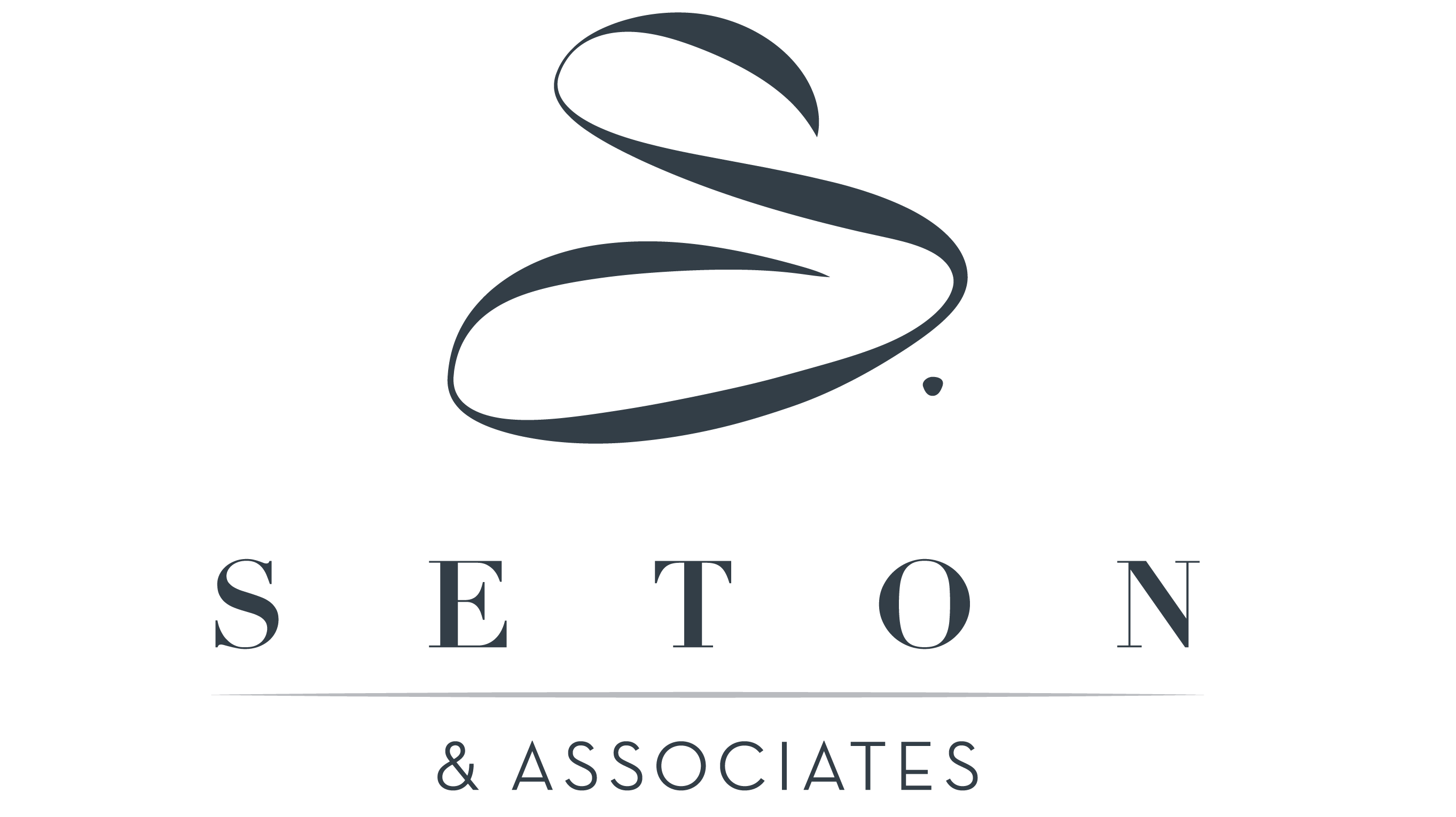Charities have so much to be careful. If I asked who owns the assets of the charity, you might say “Noone”! and you would be right! That being said, since there is no ownership of assets, the directors of a charity are the custodians of a charity assets and any mismanagement of said assets could give rise to a claim against the board, of among other things, breach of fiduciary duties. If you going to serve on the board of a charity, you would be well advised to take this “service” seriously. After all, under Section 5210 of the California Corporations Code, you are ultimately responsible for the affairs of the charity.
Under the same Corporations Code, as a director, you are held to act “reasonably” and “prudently”. Thus, if you do not, you may be liable for the debts and obligations arising from your failure to do so. That being said, you may try to insure yourself and fellow board members from liability by procuring directors and officers insurance. The reality is under Section 5233 of the Cal. Corp Code, you may be required to do so. But, does this insurance defend against behavior that is not “reasonable” and/ or “prudent”? There answer is “no”.
The liability of board members is not only “what you did”, it is also, “what you didn’t do”. Abstaining from voting or not being at a meeting may not be a “good enough”.
Since there is a potential for lawyers to sue the board members for reasons called “deep pockets”, as a board member you should welcome “board policies”, like the “conflict of interest” policy, “whistleblower policy”, etc. The question is why? Well, it can “narrow” claims agains the perpetrating board members, rather, than against board members who happened to be “just around”.
For example, if you require a yearly disclosure of “potential” conflict of interests” and a board member does not properly disclose a conflict of interest, the other board members probably have a good argument that they could not be liable for a conflict of inters they had no reason to know about.
The more you “police” the policies” the better it is.
The recommendation to establish a “governance committee” which looks at updating all policies and procedures very two years could well be a wise one.


